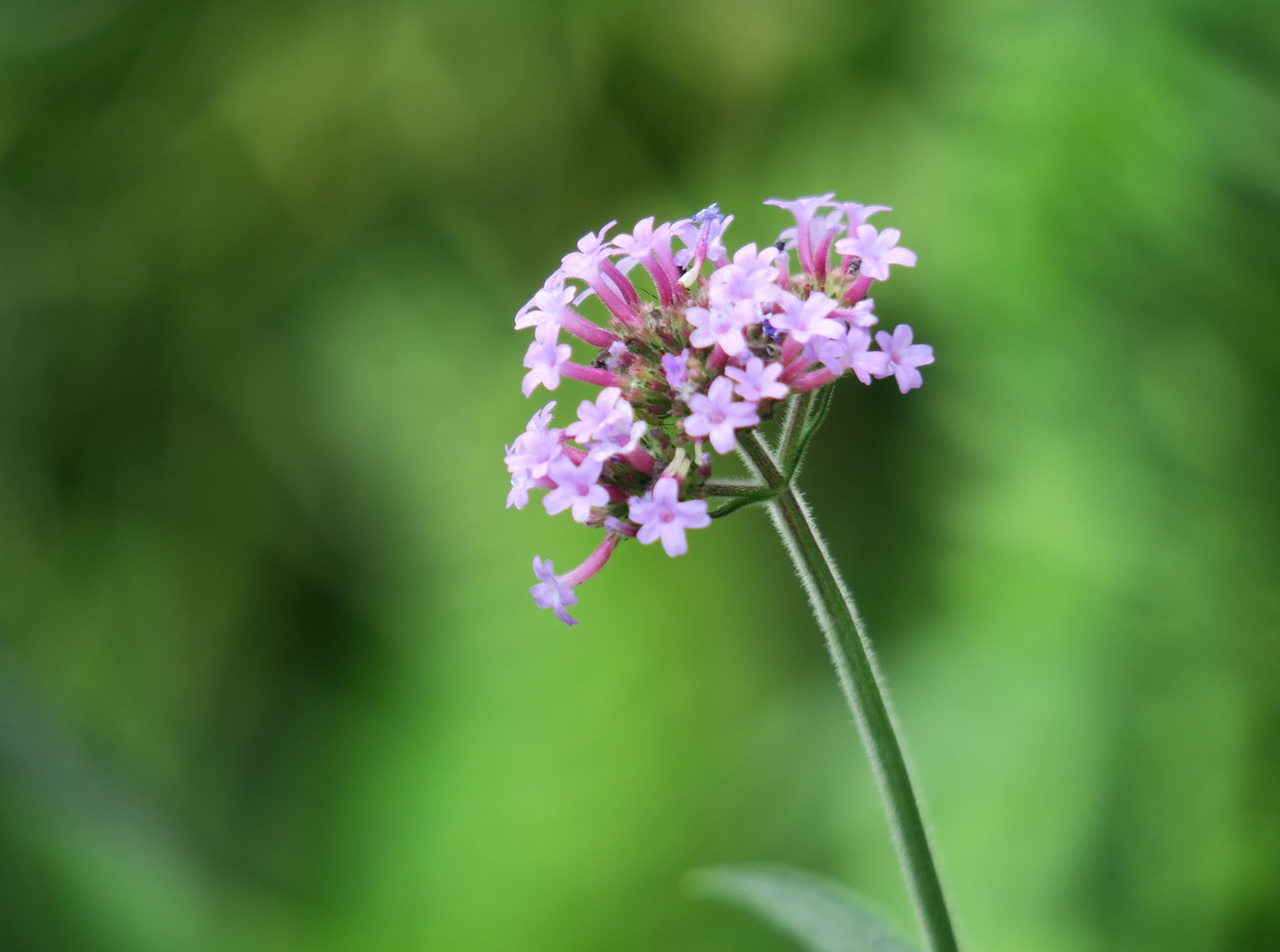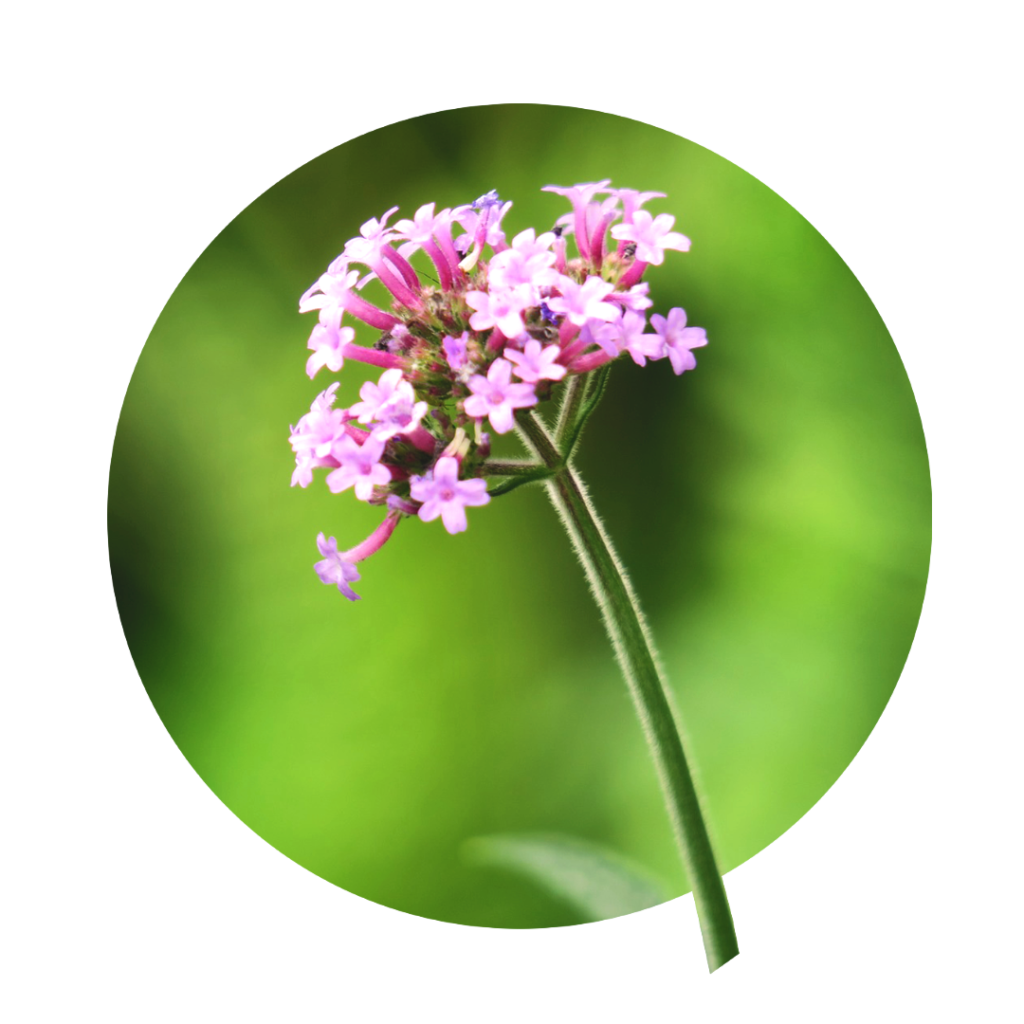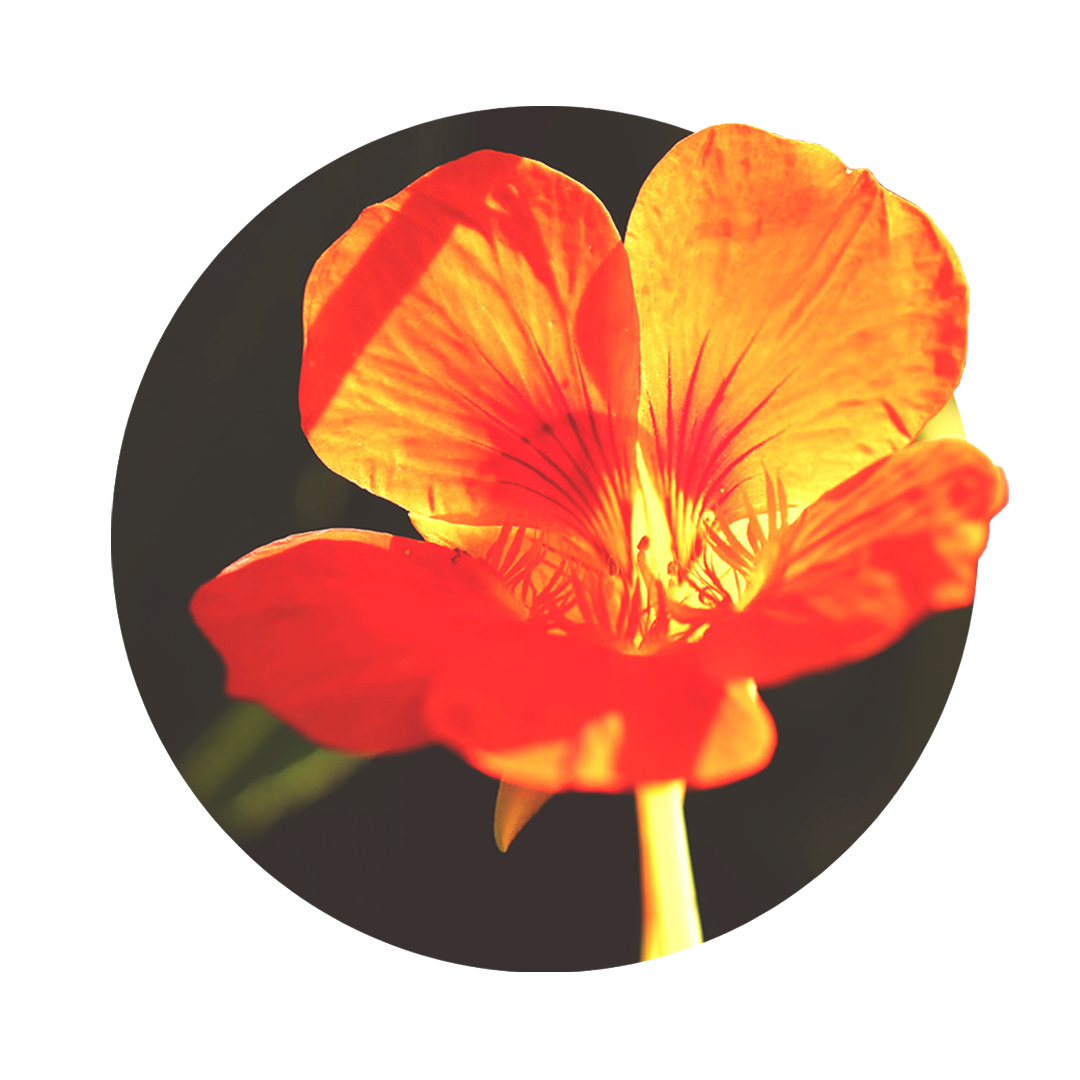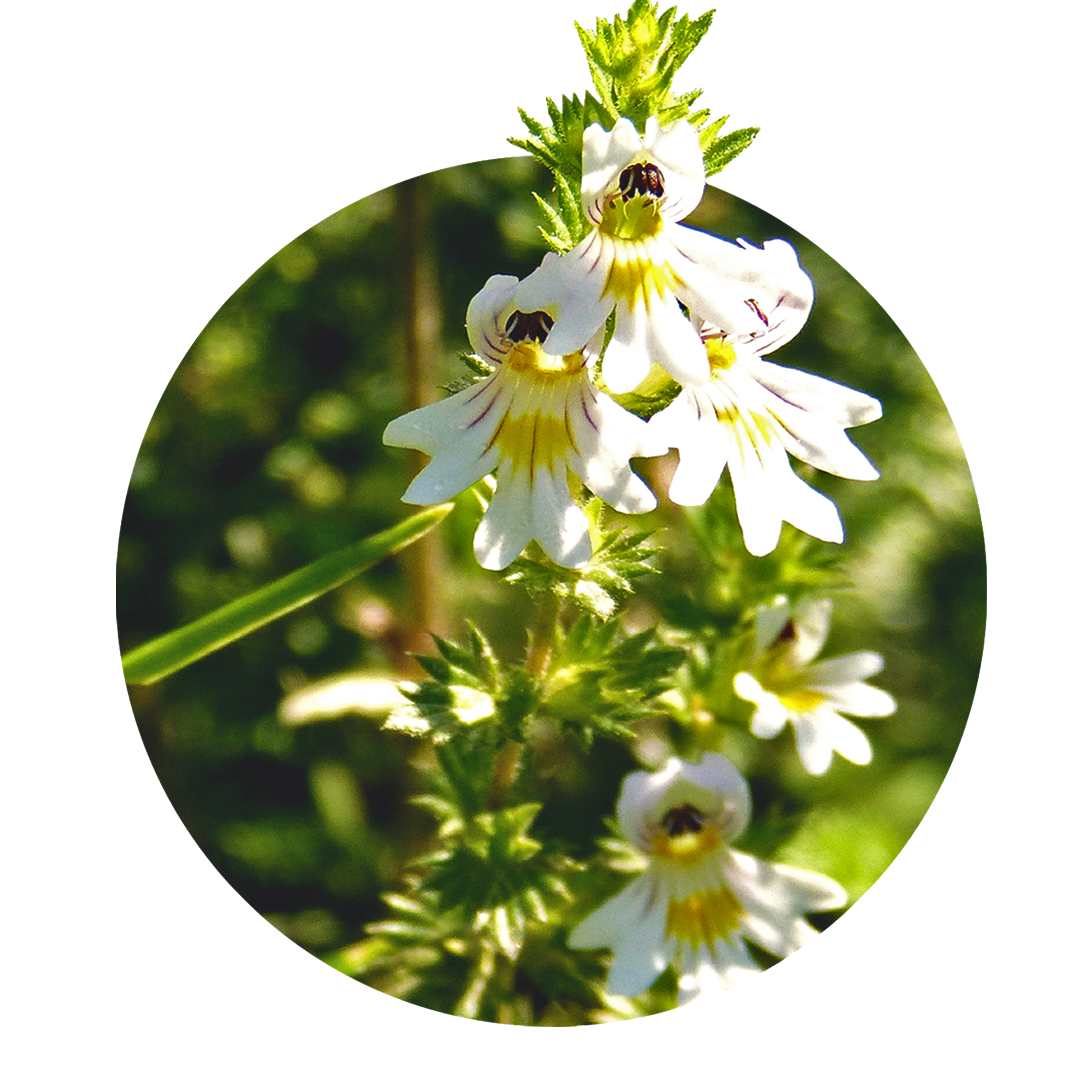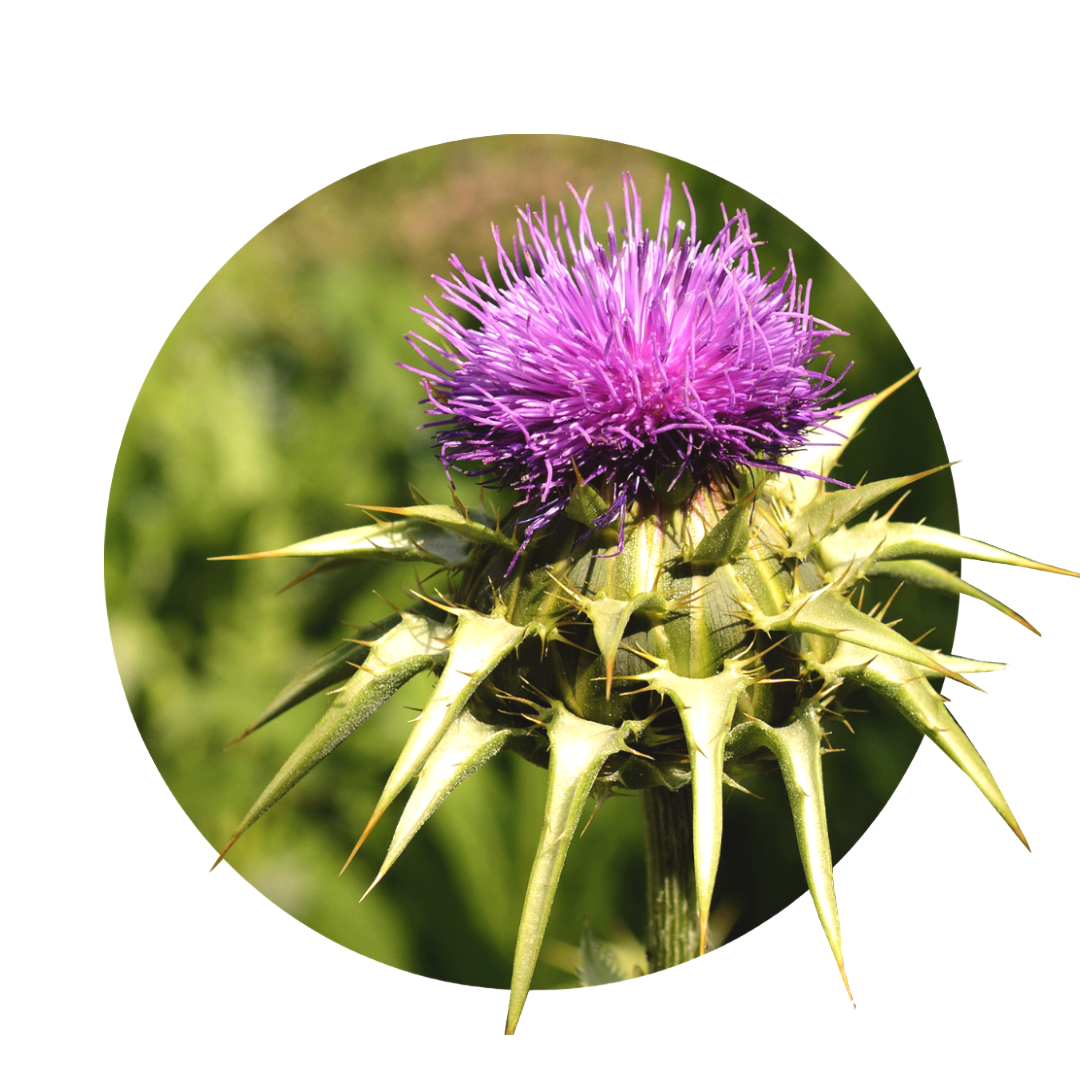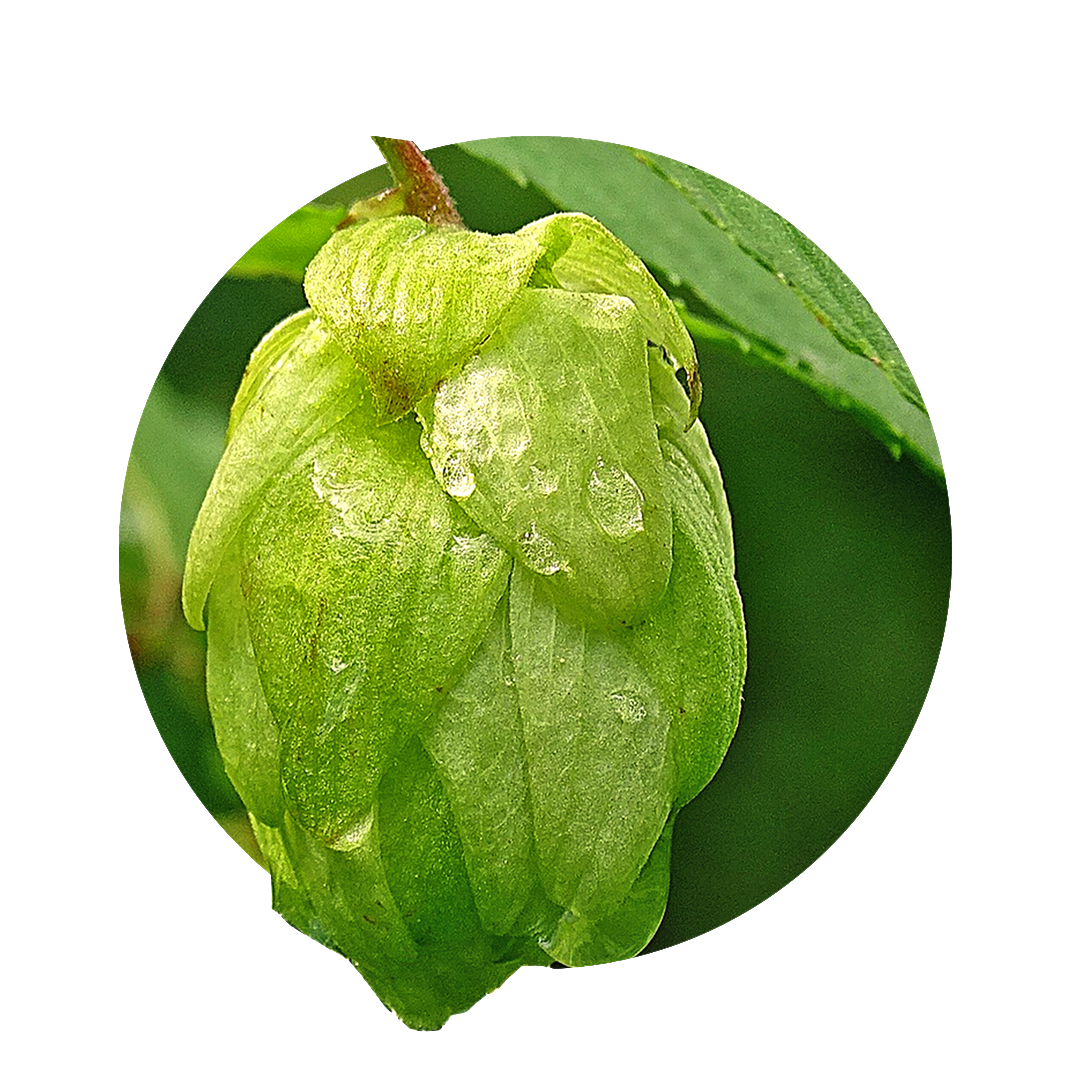Vervain: Known miracle herb of antiquity
Verbena facts
Did you know that...
What is verbena?
General and healing properties of verbena
Wound healing
Digestive
Nerve calming
Milk-forming
Verbena officinalis: Ingredients
- Verbsin
- Hastatoside
- Flavonoids
- Verbascoside (Iridoid glycosides)
- Bitters
Vervain: effect for body and mind
In the past, it was assumed that Verbena also contains iron. Today, this has been proven wrong. However, since verbena is a bitter drug, it is suitable for optimizing the absorption of iron from food or substitution. It also helps well with diseases of the gastrointestinal tract, such as heartburn and diarrhea.
Verbena is popularly used in modern phytotherapy as a sedative and for mild depression, as its iridoid glycosides seem to have an effect on GABA receptors and also have anti-anxiety potential. Another indication is the enhancement of labor pains, which may have something to do with this central effect. For this purpose, the tea is often recommended by midwives.
Its expectorant effect is popular for chronic phlegm and after colds, which is why it is often an ingredient in cold mixtures.
In earlier times, verbena was used as a ritual plant. It was used both for cleaning altars and for summoning spirits. However, the plant got its name from its good effect as a wound healing plant for injuries caused by iron weapons.
In folk medicine, it is still recommended to drink verbena tea before job interviews, as it is said to make you attractive and charming, and to help you find the right words.
Properties verbena
- Wound healing
- Digestive
- Nerve calming
- Antidepressant
- Anxiety Relief
- Draining
Fields of application in naturopathy:

Wish herb to increase motivation
Vervain for exhaustion

Vervain for immunodeficiency
Verbena: action in anemia
Vervain for depressive moods

Vervain: effect on insomnia
Verbena for labor promotion
Instructions for the use of verbena
Vervain during pregnancy & lactation
Discover our recipes
With natural methods such as the individual spagyric sprays from Zimply Natural, complaints can be treated and sustainably alleviated.

